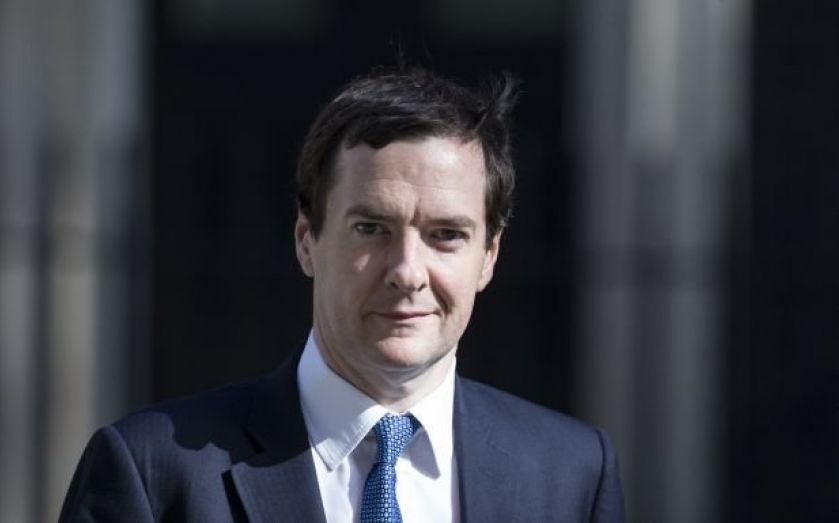| Updated:
Goodbye, productivity puzzle? Revised ONS figures show we’re more productive than we thought

The "productivity puzzle" just got less puzzling, after the Office for National statistics published changes to the way it measures GDP – and the gap between output and productivity turned out to be narrower than we thought.
Productivity, which is a measure of the goods and services produced per worker per hour, is a strong indicator of an economy's ability to grow without generating too much inflation. Earlier this year, the Bank of England said it was 16 per cent lower than it had been before the 2007-2008 financial crisis, but it could not explain why.
The central bank said there had been an increase in UK GDP but that productivity had failed to rise in tandem, with British workers producing around a fifth less every hour worked than other G7 countries. The shortfall was described as the “productivity puzzle”.
But the revised figures released today indicate this is less than originally feared. While the original estimate for output per hour was 13 per cent below its pre-crisis trend, this has been reduced to 11 per cent. So while the gap is still there, it has narrowed.
According to the results, the UK's Great Recession ended nine months earlier than was previously thought.

By the third quarter of 2013, GDP had returned to its pre-crisis peak, and it is now 2.7 per cent higher than that. From 1998 to 2012, output increased by an average of 0.1 per cent more per year than the Office for National Statistics (ONS) had thought.

A spokesman for the Treasury said the “revisions show an economy that has been growing more strongly than previously thought”.
What has led to these revisions of the UK's economic performance? An overhaul of how GDP is measured across Europe, including what counts as output. The most notable change comes from the reclassification of research and development (R&D); it is now treated as investment rather than as if it is being consumed in the course of production.
The graph below shows how different factors contributed to the revised GDP values between 1997 and 2012, in millions of pounds.
